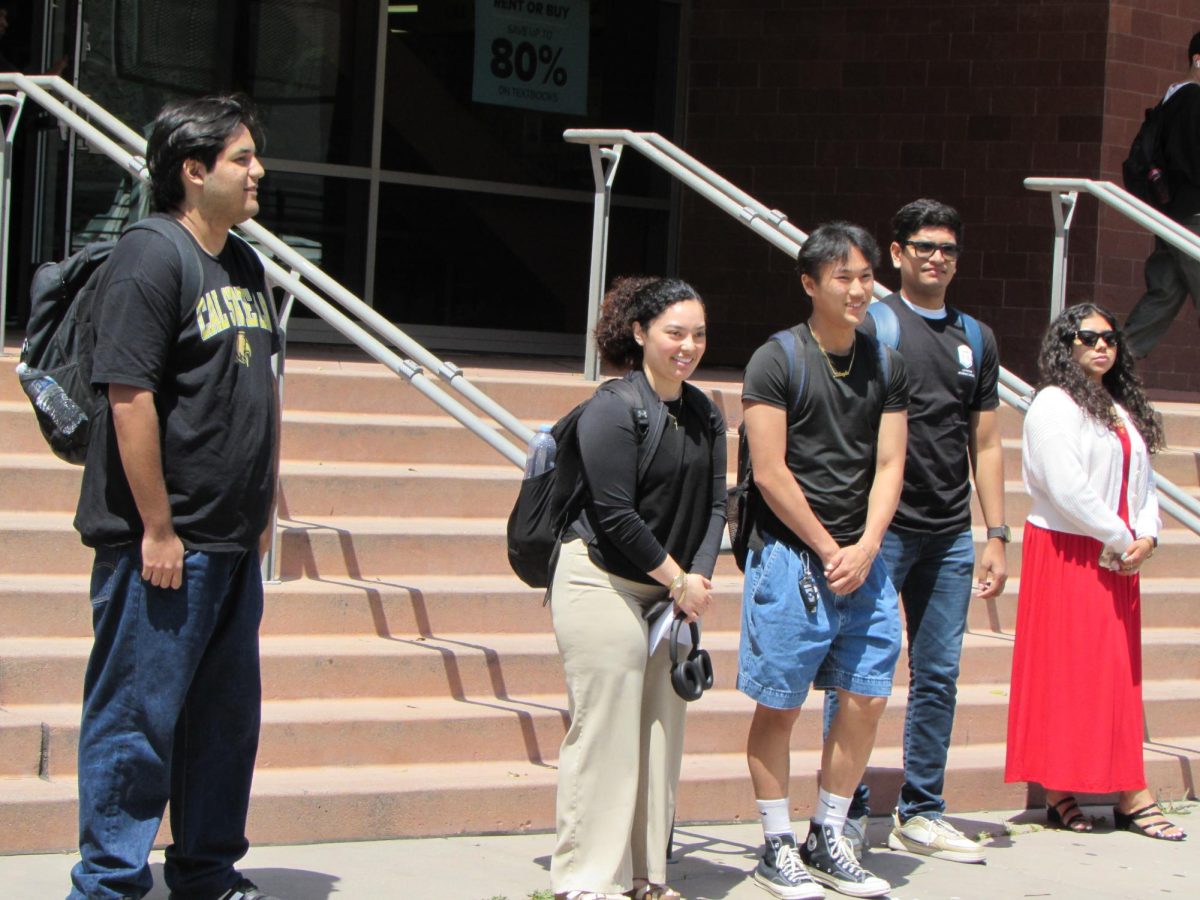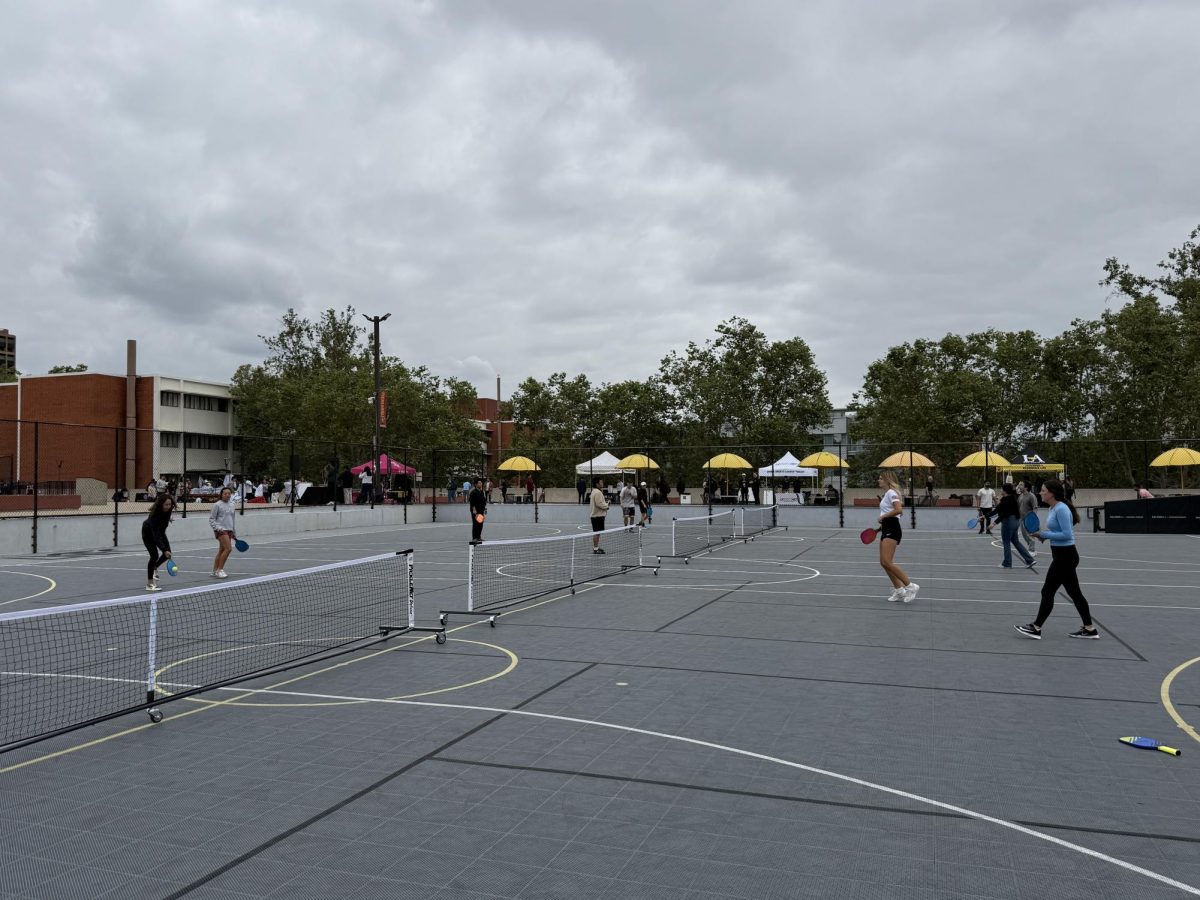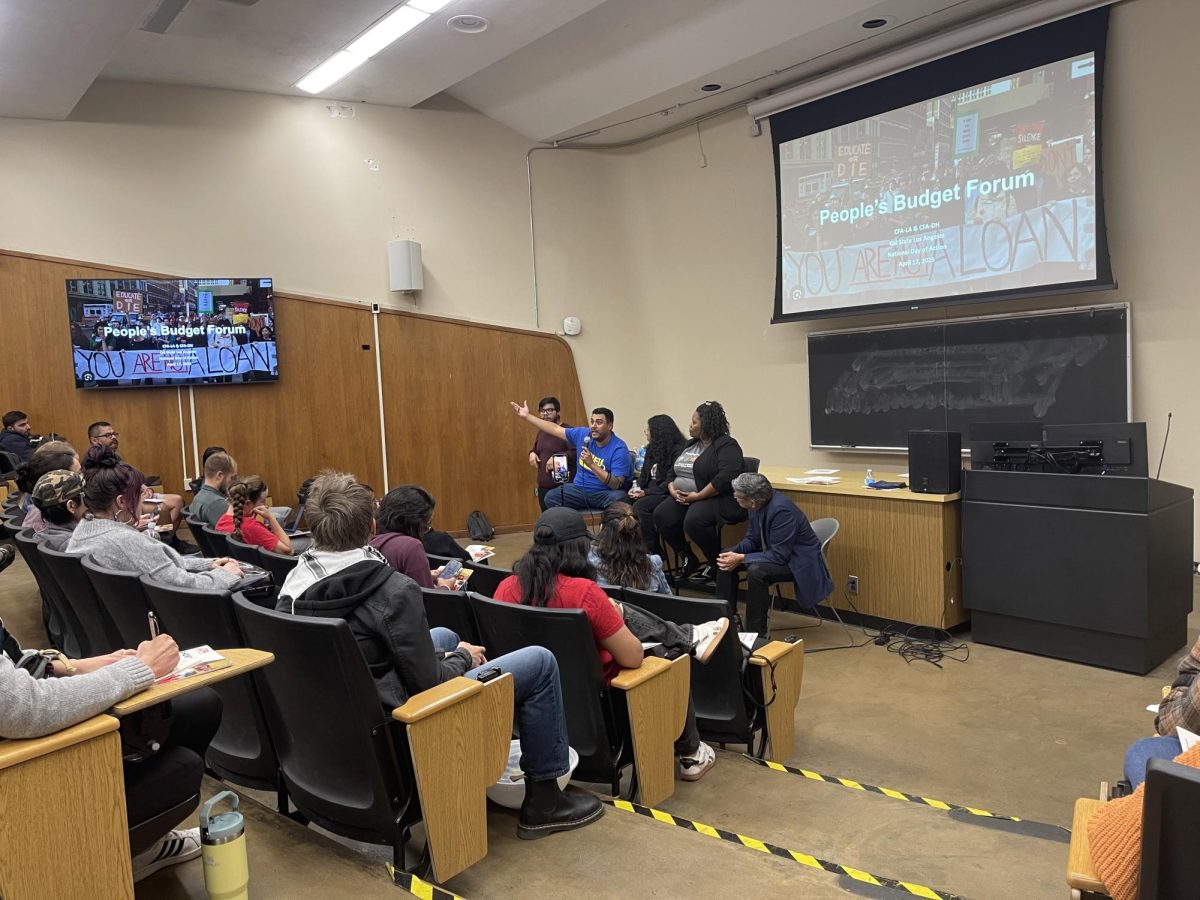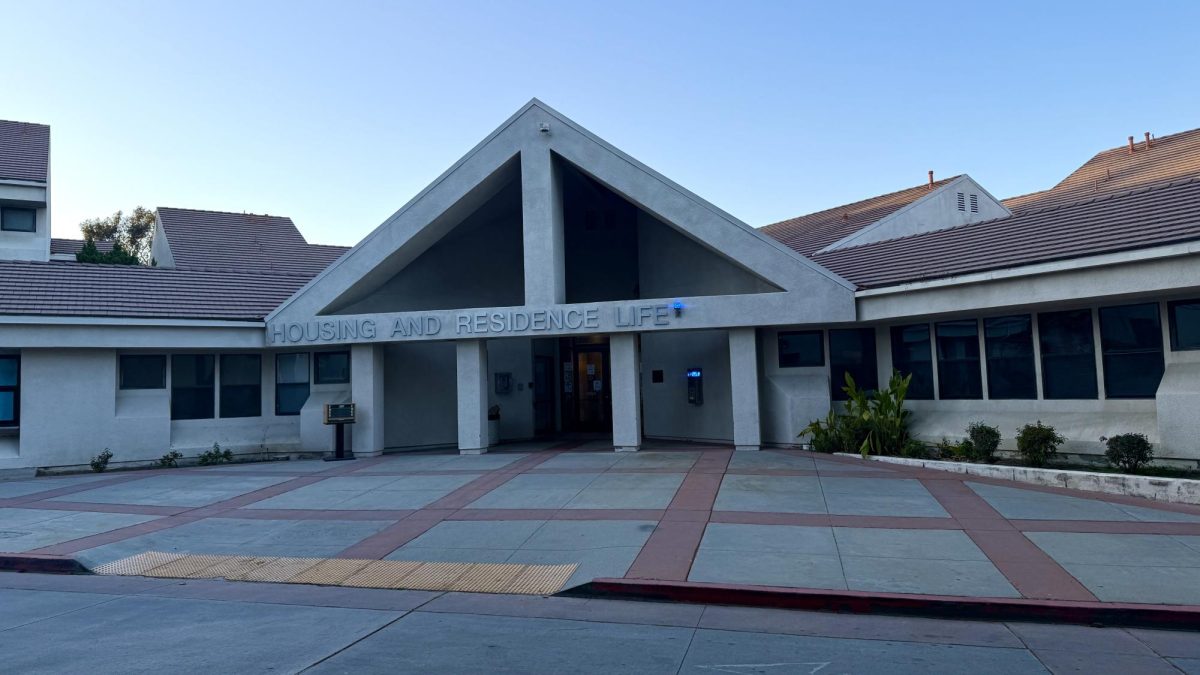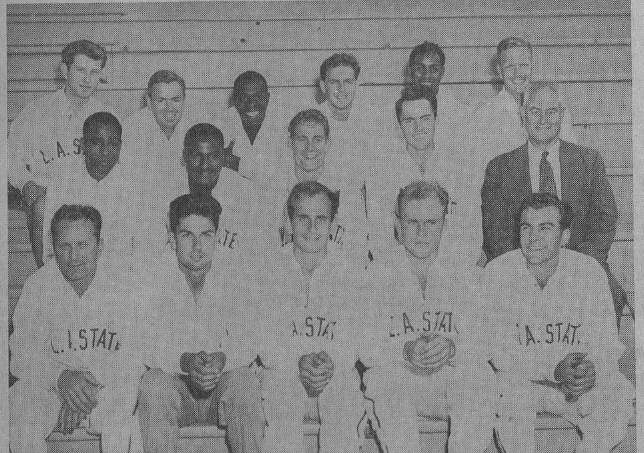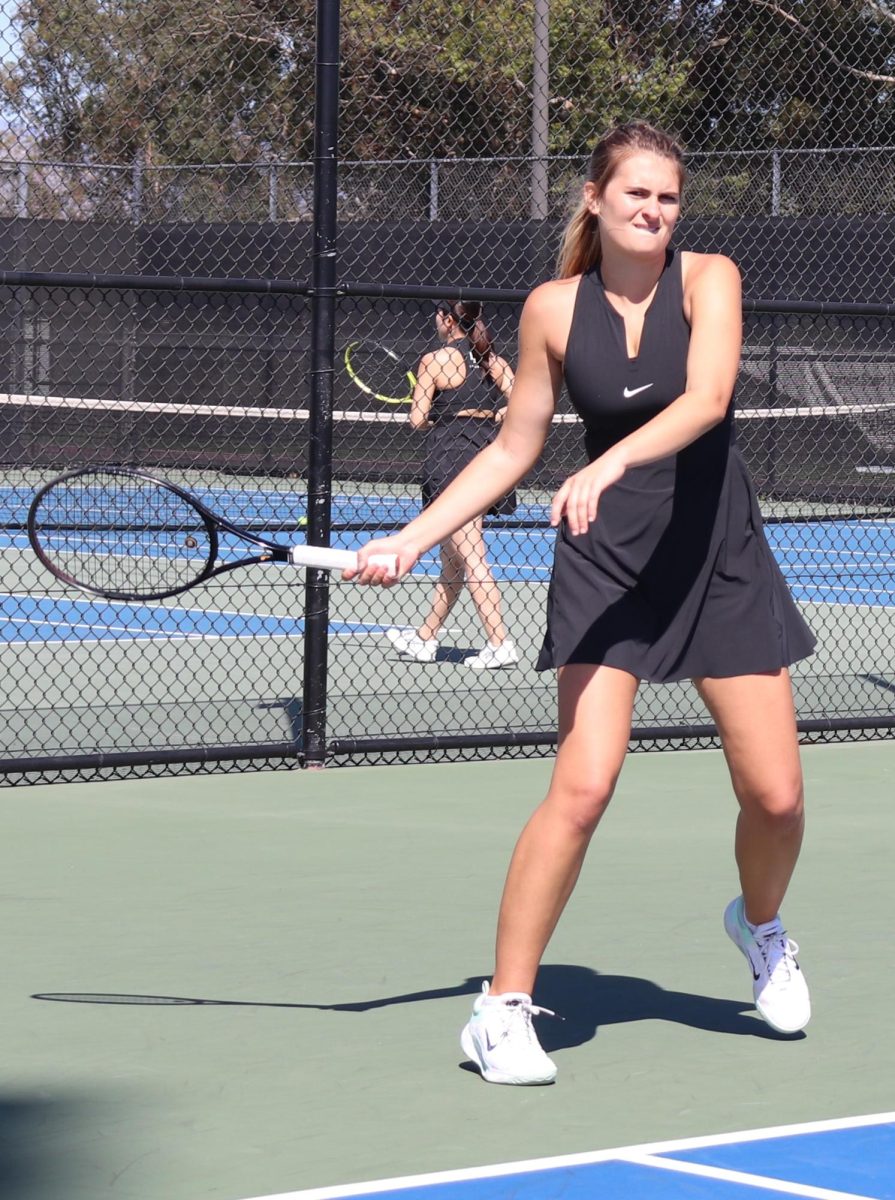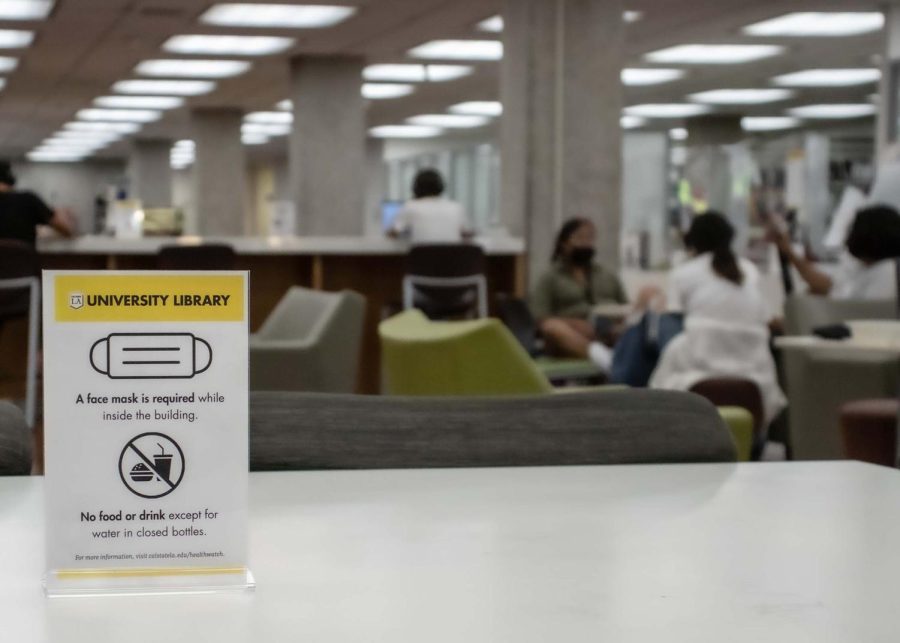Many Cal State LA students are finding the online Fall Semester to be a new experience compared to last semester’s virtual instruction. Some students find online instruction challenging, while others are adapting well to the transition.
Sociology major, Allyson Bonilla, explained how she felt about the move to online instruction: “At least in my last semester, I had the opportunity to go in person for a few weeks and then transition online which made it a little easier.”
Bonilla added, “Now, it’s a little trickier because I feel like there’s assignments that are hidden or most professors don’t respond until the next day or so.”
The load of assignments that come with online learning is creating a challenge for some students. Bonilla said her workload over the first weeks of the semester has definitely been “a little more stressful.” She finds it hard to keep up with what feels like, as she described, a never ending list of assignments.
Due to the work, some students felt like they’re losing their drive for their studies.
Social work major, Magali Lopez, explained that her personal experience with virtual classes caused her motivation to “significantly drop.” Lopez said that the comfort of her home decreased her drive to do any school work since she’s “not in the environment of school.”
Lopez said sitting in a classroom alongside her classmates was enough to stimulate her mind, but now, it’s a lot harder to stay focused. The lack of in-person discussions is making students reminisce on how much easier it was, prior to remote learning, to stay engaged with what the professor was teaching.
To help balance out the lack of human connection with their professors and classmates, professors are incorporating the use of discussion boards on Canvas. This is to help substitute the real-life experience of a classroom discussion and help ease the nostalgia. Some students said they don’t feel it’s the same to answer and respond to their fellow classmates online as it is in-person.
“We are now referred to these discussion boards, which are not effective whatsoever,” says
Ivan Cobian, a pre-psychology major, who feels he’s losing touch of what it’s like to engage in a real conversation.
Cobian added that responding to classmates on discussion boards feels like it is a “chore” compared to in-person classes when there is more of a “real discussion.”
In an attempt to make online classes easier, students are finding new ways to better organize themselves with this unprecedented semester. The use of a planner has been helpful to students like kinesiology major, Maria Camacho, who has to balance her online schoolwork and her job.
“I’ve been using a planner to know when all my assignments are due since professors aren’t there to remind us like before [and] it’s been pretty helpful to organize everything,” said Camacho.
Programs like Canvas have calendars where it shows when all your assignments are due and strikes out the assignments you already completed. Students may as well start using tools like this as next semester will be online.
Despite these challenges, Camacho agreed with CSU Chancellor Timothy White’s decision to continue the spring semester online since it is “still not safe” due to the number of COVID-19 cases rising.
Among the positives of online learning, Marcos Gómez, a music and English major, was surprised by the enthusiasm his professors demonstrated despite this difficult semester.
Gomez said that “as a music major, everyone was very depressed over not being able to perform or rehearse together.” He added that out of nowhere “professors came back enthusiastically with useful remote studies this semester.”
Frank N. Contreras, a television and film major, commented on his professors stepping up their game this semester from having the summer to learn how to teach an online course, which many were new to.
“The learning is a lot smoother without any technical issues,” said Contreras. “The communication is much more clear on both ends.”
When asked if students would continue virtual instruction as a preference, most students knocked that option to the curb because of how virtual instruction has limited their abilities to do more hands-on activities around campus like labs or study groups.
However, some students like Bonilla, the sociology major, found a bright side to virtual instruction. She has found time to rest and do homework on her own time while being at home has made her closer to her family.


